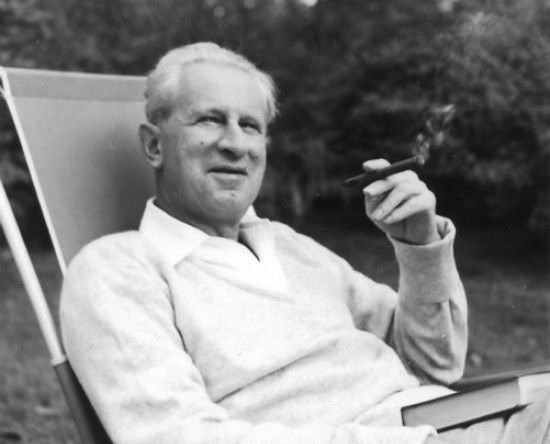cap. 1, p. 23
L'uomo a una dimensione
Lavori
L'uomo a una dimensione
Herbert MarcuseHerbert Marcuse frasi celebri
cap. 6, p. 153
L'uomo a una dimensione
Origine: Citato in Ester Dinacci, Realtà della Germania.
citato in Ester Dinacci, Realtà della Germania
citato in Ester Dinacci, Realtà della Germania
Frasi sull'et di Herbert Marcuse
cap. 5, p. 134
L'uomo a una dimensione
cap. 3, p. 85
L'uomo a una dimensione
cap. 6, p. 173
L'uomo a una dimensione
Frasi sulla libertà di Herbert Marcuse
Origine: Da Eros e civiltà, Prefazione politica, 1966.
One-Dimensional Man: Studies in the Ideology of Advanced Industrial Society
Herbert Marcuse Frasi e Citazioni
da L'uomo a una dimensione
L'uomo a una dimensione
cap. 8, p. 216
L'uomo a una dimensione
Origine: Citato in Corriere della sera, 15 luglio 2006.
cap. 3, p. 92
L'uomo a una dimensione
cap. 8, p. 219
L'uomo a una dimensione
“È solo a favore dei senza speranza che ci è stata data la speranza.”
Origine: Citato in Vittorio Messori, Ipotesi su Gesù, SEI, Torino 1976, p. 289.
da L'uomo a una dimensione, 1964
L'uomo a una dimensione
da L'uomo a una dimensione, 1964
L'uomo a una dimensione
“Il centro culturale sta diventando parte integrante del centro commerciale.”
Origine: Citato in AA.VV., Il libro della sociologia, traduzione di Martina Dominici, Gribaudo, 2018, p. 185. ISBN 9788858015827
Herbert Marcuse: Frasi in inglese
“The Superego, in censoring the unconscious and in implanting conscience, also censors the censor.”
Origine: One-Dimensional Man (1964), p. 76
Negations: Essays in Critical Theory (1968)
“The tangible source of exploitation disappears behind the façade of objective rationality.”
Origine: One-Dimensional Man (1964), p. 32
An Essay on Liberation Beacon Press, 1969, p. 109 http://www.marcuse.org/herbert/pubs/60spubs/65repressivetolerance.htm
An Essay on Liberation (1969)
